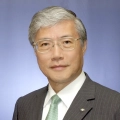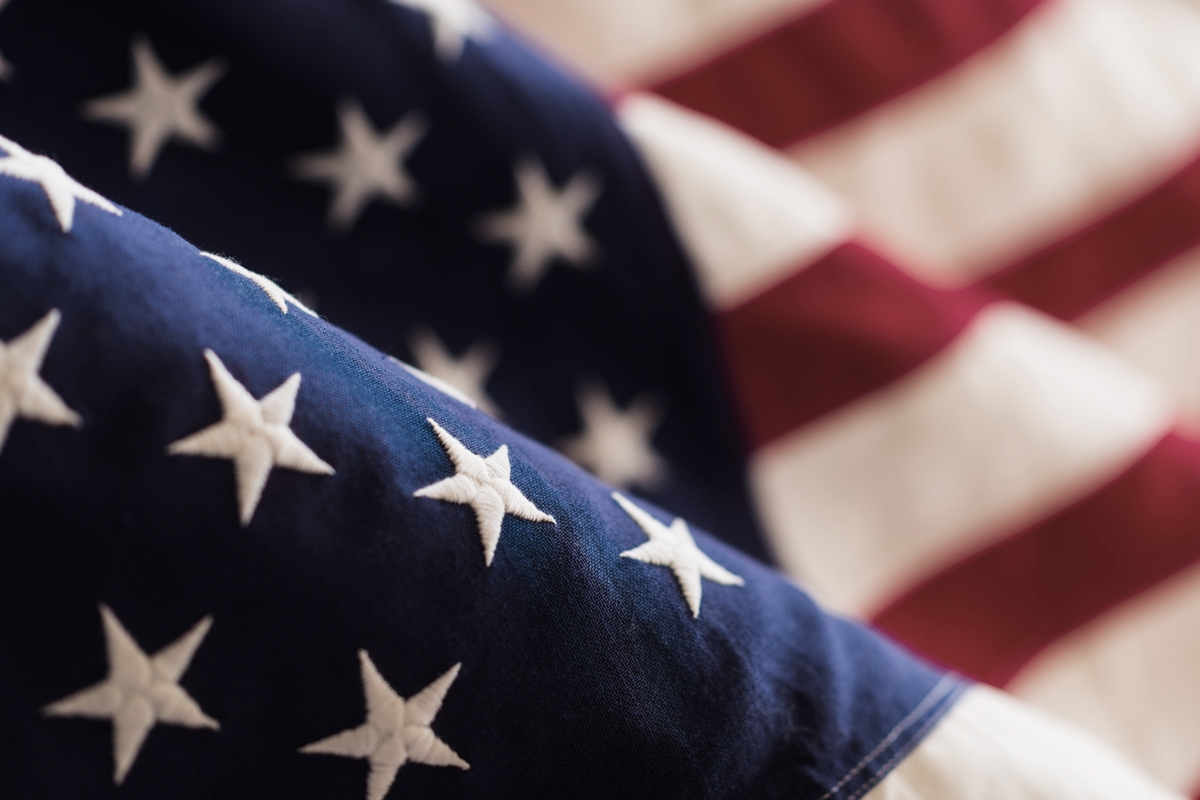The result of the 2024 US presidential election was not a win for Trump, but rather a loss for America’s elite. It is a backlash against the establishment that allowed the US trade deficit and dollar overvaluation to remain unchecked for four decades, according to Richard Koo, Chief Economist, Nomura Research Institute.
The usual indicators put the current US economy in a good place. GDP growth is good, consumer spending is strong, stock prices are high and unemployment is low, said Koo during his presentation at Nomura Investment Forum on December 3 in Tokyo.
“From a conventional perspective, the numbers look good. But a look at a different set of numbers reveals a completely different story,” said Koo.
Over the last 43 years, stock prices in the US have soared by 5000% while real median wages climbed by only 15%. This means that 50-60% of the US population have faced difficulties for over four decades due to low wage growth, he said. Added to this, real residential property prices grew by 96% over the same period.
Some may attribute this low growth in real wages to globalization and access to cheaper labor outside the US, but that cannot explain why the social division in the US got as bad as it did, said Koo.
A major problem is that over the past four decades the US has consistently posted huge trade deficits, with nothing done to address it. As a result, the US lost income equivalent to approximately 153% of GDP, representing a cumulative trade deficit of more than $21 trillion (or $41 trillion in today’s dollars) from 1980 to 2023. This deficit, brought about by a strong dollar, had a severe impact on blue collar sectors such as manufacturing and agriculture, leaving people disgruntled, according to Koo.
Trump secured victory in 2016 because his protectionist policies resonated with these blue-collar workers. In the recent election, he once again won over blue-collar workers, taking away key votes from the Democratic Party and winning all swing states.
“Economists made four major errors that prevented the US government from correcting dollar overvaluation,” said Koo.
- Error 1: Market-determined exchange rate is best
Free trade is facing a crisis. If Trump goes through with his plan to raise tariffs, free trade will be gone. But it is the market-determined strong dollar and the resulting trade deficits that allowed Trump to win, so we need to question the current market-based system.
- Error 2: US trade deficit is due to the lack of savings in the country
Many economists advocate the I-S (saving-investment) balance theory, which argues that the US is running trade deficits because Americans cannot produce enough to meet their own demand. But if that were true, Americans competing with imports should be doing very well. The fact that most of them have gone out of business means their products were not competitive against countries such as Japan and South Korea because of the strong dollar. The I-S balance theory cannot explain the US situation, but the strong dollar can.
- Error 3: Free trade always creates more winners than losers
For free trade to produce more winners than losers, trade has to be balanced or not in deficit. Trump won in 2016 and 2024 because after 4 decades of running trade deficits, there are more losers than winners from free trade.
- Error 4: Government intervention cannot impact exchange rates
There is a notion that money flows through the exchange markets in such large volumes that government intervention cannot impact exchange rates. However, following the Plaza Accord in 1985, the dollar went from 240 yen to 120 yen, proving that government intervention can affect exchange rates.
If people who have suffered because of trade deficits believe that the above four notions are in fact correct, the only logical remedy for their predicament is to vote for protectionism and Trump, said Koo.





